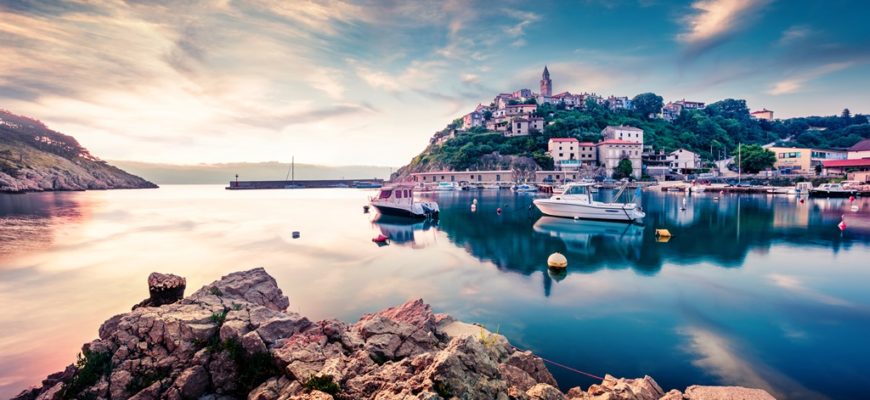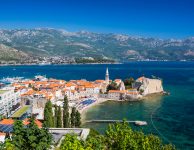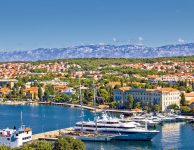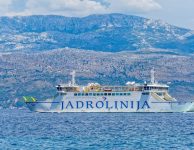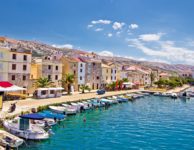Croatian islands dealing with waste management
Some parts of the Croatian coast, like city Krk, are at the top of waste sorting and its appropriate disposal. Unfortunately, not all follow Krk’s example. For some, the main obstacles are its citizens or a lack of infrastructure for waste disposal. But the goal is the same for everyone – to create a circular economy, but in order to do that, infrastructural investments are necessary.
Waste disposal is a great challenge for islands, especially during the very busy tourist season. But that’s the main reason the authorities should get down to work and start investing in a circular economy.
Last week, the first of the “Island Talks” took place, organized by The Island Movement, a local association. The main topic was waste on Croatian islands. What the tourist season means for the islands regarding waste was explained in the example of Silba island.
-Shops that aren’t larger than prescribed by law don’t have to accept plastic bottles. Silba island has just two shops so there are a lot of plastic bottles around the island, especially in the summer. – noted Paula Bolfan, the coordinator of the Island Movement.
Positive examples are islands Cres and Lošinj. There are no active landfills anymore because all the waste is transported to the Istrian regional center.
As Antonio Viskic from the Communal company Cres-Losinj noted – we’ve installed separate bins for paper, glass and plastic. Also, we’ve built stations for transporting mixed communal waste from the island. Recycling yards were built and investment into a sorting station in Mali Losinj has started.
On the other hand, island Brac has the most local government units so recycling yards are missing. All mixed waste goes to a communal landfill in Supetar. A few inhabitants sort their waste, said some people in the discussion.
Island Zlarin is a good example regarding single-use plastic alternatives. Thanks to the “For plastic-free Zlarin” initiative, led by the local association Tatavaka, all businesses on the island have replaced single-use plastic with alternative materials.
Insistence on educating the locals on Croatian islands will continue because there’s still no awareness of the dangers of not sorting waste. Also, there are wild landfills that are a potential eco-bomb and can seriously endanger human health. Especially if the waste is thrown into karstic pits.
For their remediation, 28 million KN has been spent, and all that money could have been invested in waste sorting facilities or a similar tool for waste management instead.
The Fund for environmental protection and energetical efficiency has stated that local governments will be able to apply to competitions for acquiring vehicles run on alternative fuels, competitions for growth of capacity for recycling and cleaning of wastelands.
Source: morski.hr


